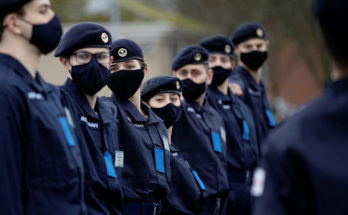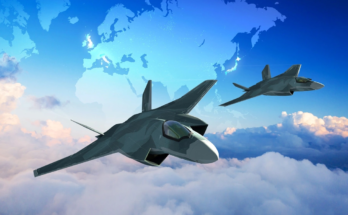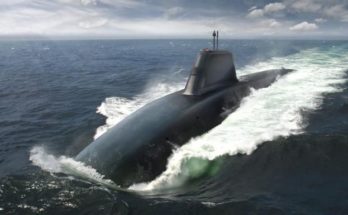
Chairperson – Professor Peter Roberts, Founder – Aurelius Lab
Speakers – Vice Admiral Andrew Burns CB OBE, Fleet Commander – Royal Navy
Andrew Graham, Vice President – Systematic
Major General Zac Stenning, Commandant, Royal Military Academy Sandhurst – British Army
The Q&A discussion on September 12 at DSEI covered many interesting topics involving command and control, chiefly the role artificial intelligence (AI) will play moving forward. Those answering questions relating to AI were Professor Peter Roberts, founder of Aurelius Lab (Chairperson); Vice Adm. Andrew Burns of the Royal Navy; Mr. Andrew Graham, Vice President of Systematic; and Maj. Gen. Zac Stenning of the British Army.
AI has become a hot topic across many domains, including the military. Data usage is ever-growing, and the military is heavily invested in how this information is harvested and the speed at which it can be interpreted. AI can separate the wheat from the chaff, and traditional methods of commanding units across the full spectrum can benefit from processing information more quickly. AI is well-placed to speed things along.
Open-source information and people with the ability to interpret the data are being sought. STEM programs still have their place, but those with social science backgrounds will become key to unlocking the meaning of data. In short, the ability to look at the total picture will become paramount, and being quicker at this task than the enemy will give the advantage to the home team.
The data needs to be clean as well, which is where open sources also have a role. AI can glean this information for commanders at any level. Mr. Graham emphasized the fact that AI has a definite role and can be adjusted depending on the task at hand. A unit commander will have different needs than a staff officer, for example. The current war in Ukraine illustrates that being able to process information is key.
All commentators agreed that Ukraine is adopting quickly. Militaries, especially in Europe, are wise to focus on this war; however, other areas of conflict or potential conflict should not be ignored. Taiwan, Syria and nations in Africa should also be on the radar.
AI will no doubt play an integral role in future military commands. How it is used and the speed of its use will be a deciding factor on future battlefields.
Carter Palmer has long held a keen interest in military matters and aviation. As an analyst for Industrial & Marine Turbine Forecast, Carter specializes in examining key gas turbine programs for electrical power generation, mechanical drive, and marine propulsion applications. He is also responsible for updating the reports and analyses within the Space Systems Forecast – Launch Vehicles & Manned Platforms and Space Systems Forecast – Satellites & Spacecraft products.




